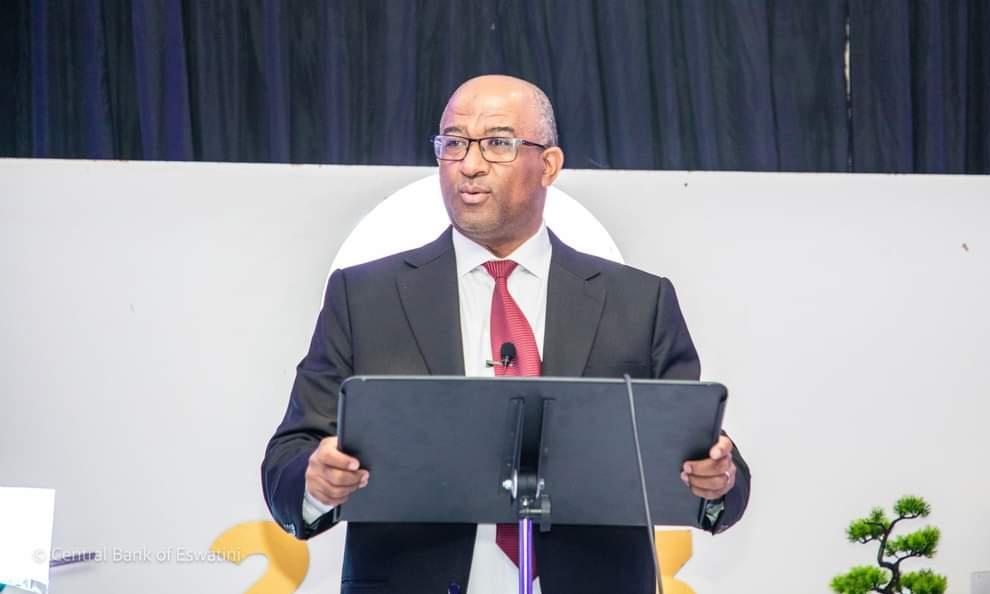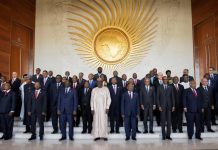Africa-Press – Eswatini. Central Bank of Mozambique Governor Rogerio Zandamela has offered an unconventional view, arguing that inflation can be considered a public good that requires protection.
“Inflation is a public good. If you look at it that way, we need to protect it, we need to defend it,” he said.
He emphasised that central banks held themselves accountable for maintaining low inflation and failing to do so is met with self-criticism.
“When we do not have low inflation in our countries we blame ourselves first,” said Zandamela.
Governor Zandamela presented this thought-provoking perspective on inflation during the Southern African Development Community (SADC) Committee of Central Bank Governors Symposium, themed ‘Monetary Policy at Crossroads: Pressures from Inflation, Climate Change, Financial Stability and Financial Sector Resilience, as well as Persistent Geopolitical Issues,’
The symposium brought together central bankers and industry leaders to discuss the complex challenges facing the region.
discussions
During panel discussions where Governor Zandamela took part alongside South Africa Reserve Bank (SARB) Governor Lesetja Kganyago with Central Bank of Eswatini Governor Dr Phil Mnisi as a facilitator, he acknowledged that pressure and criticism could be intense during periods of high inflation.
In light of this, Zandamela noted the importance of buffers – policy tools and reserves central banks maintain to manage economic shocks.
“So in calibrating of policies, we tend to have buffers as we know that our public policies are likely not to come at the right time, so we need buffers,” he said.
He said these buffers were crucial because government policies often take time to produce results.
By having buffers in place, central banks could act swiftly to address inflation concerns even if other economic measures were not yet implemented, according to the Mozambique governor.
Governor Zandamela further highlighted a key challenge in monetary policy: the asymmetry of interest rates.
“We tend to have rates at levels somewhat higher than they should be because sometimes we learn that monetary policy is quite symmetric,” he said.
While lowering rates could be a relatively straightforward process, raising them often generates significant public resistance.
raise
“So when we raise them, we do significantly higher than you need it because if you need to raise them more two-three months later you may not have that chance because both politicians and households will not be pleased and they have good reason,” he said.
This was because higher interest rates could translate to higher borrowing costs for businesses and households, according to the governor.
“Households have debts and they do not need to hear about rising interest rates,” said the governor
For More News And Analysis About Eswatini Follow Africa-Press







